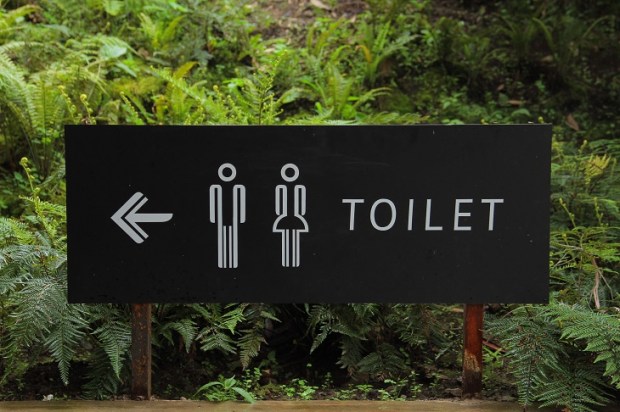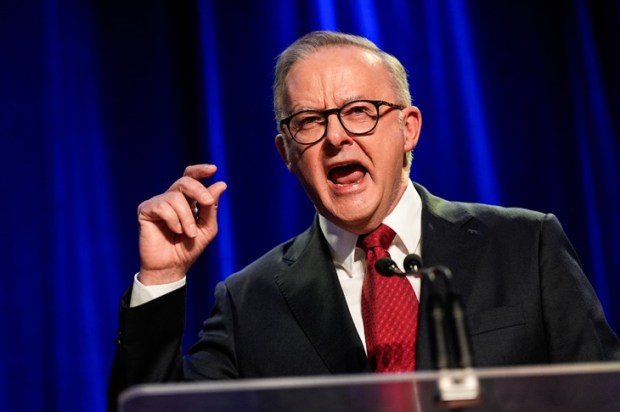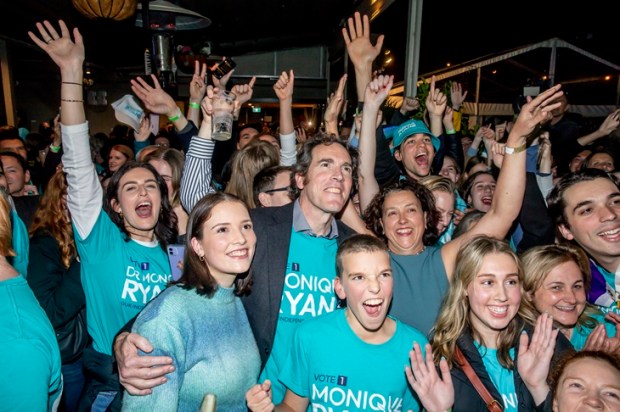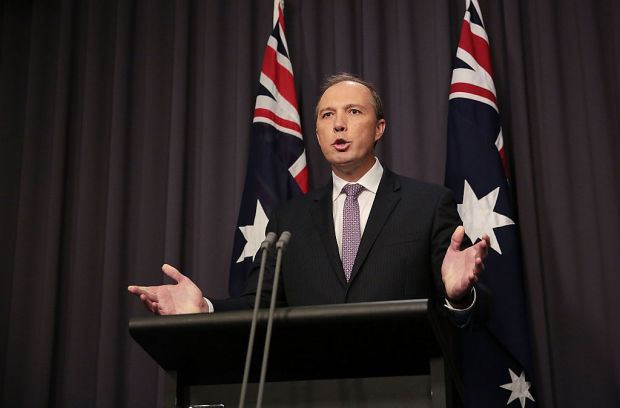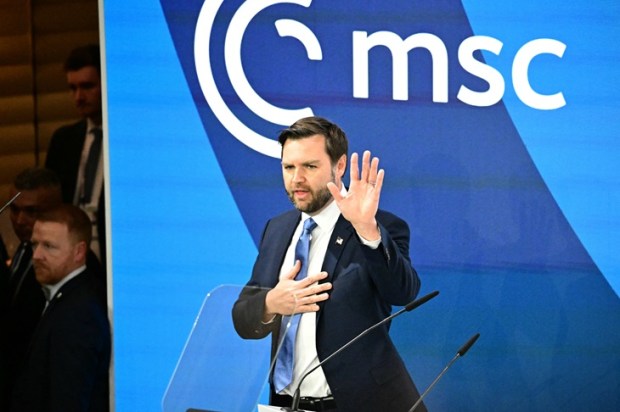It is platitudinal to claim that Christian religions in Australia are in decline. Indeed, for several years, Christianity has been rocked by controversy, even caused by religious leaders whose job it is to serve and promote their Christian denomination. This decline becomes a conspicuous, brutal reality at Christmas time, one of the holiest seasons on the Christian calendar. Christmas has now become a dirty word, rarely uttered by representatives of secular institutions, and frowned upon when promoted in the public forum. Few companies, and educational institutions, dare to wish people a ‘Merry Christmas’, fearful of being accused of bigotry. The message, which appears on most ‘Christmas’ cards now, wishes people ‘Season’s Greetings’. Of course, this practice is an exercise in futility because Season’s greetings could refer to any season, whereas ‘Christmas’ is specifically associated with the birth of Jesus Christ, celebrated on the 25th of December.
I have to disclose that on Christmas Eve, I attended a service in my local church. In past years, the church was overflowing with worshippers, and it was a mighty battle to find parking space. But now, the church was only half full, and parking was plentiful. Also, there appear to be fewer Christianity-related ‘Christmas’ decorations in shops and nativity scenes have practically disappeared. This dramatic civilisational shift from religiosity to secularism has occurred in the name of ‘diversity’ – not to hurt the ‘sensitivities’ of those who do not identify as Christian. The proponents of ‘diversity’ also seek to justify their intolerance towards Christianity on the ground that it involves a search for ‘neutrality’ – the idea that religion and secularism should be treated equally in the public forum. According to the principle of neutrality, in allowing Christianity to blossom in the public arena, religion would have an advantage over secularism. Yet, the implementation of neutrality elevates secularism at the expense of Christianity and, therefore, it amounts to discrimination against Christians in the public arena.
There is no doubt that Australia is in the process of disentangling itself from its Judeo-Christian roots. The Australian Bureau of Statistics (ABS) notes that over the past 50 years, there has been a steady decline in the proportion of Australians who report an affiliation with Christianity. Not surprisingly, the older generation is likely to be more affiliated with Christianity than the younger generation. The 2021 census reveals that an increasing number of people profess not to have a religion at all – a staggering 39 per cent. Millennials had the highest proportion at 46 per cent. Overall, affiliation with Christianity decreased from 52 per cent in 2016 to 44 per cent in 2021. That means that the difference between the number of people who claim to have an affiliation with a religious denomination, and those who disavow such affiliation is minimal.
The census results indicate that most Australians associate Christianity with intolerance and bigotry. These results are reflected in the decreasing popularity of Christmas as a religious celebration, especially among young people. An increasing number of Australians simply treat Christmas as a ‘secular’ holiday; a considerable proportion of young people even believe that attributing religious meaning to Christmas is to pander to ‘superstition’. December 25th has effectively become a day of ‘secular’ festivity, the beginning of the summer holidays in Australia, the Sydney to Hobart Boat Race, cricket matches, and the beginning of the Summer of Tennis, which culminates in the Australian Open.
Yet, Christianity remains infused in the legal and governmental institutions and customs of Australia. These religious influences were embedded in the DNA of those who sailed with the first British fleet departing for Australia in 1787, when Captain Arthur Phillip was instructed to enforce ‘due observance of the Christian religion and to take such steps as were necessary for the celebration of public worship’. Even today, the glorious practice of singing Christmas carols at Christmas time, first initiated by Cornish miners in South Australia in the 19th Century, has become a family-friendly and quasi-religious tradition, part of Australia’s Christmas celebrations.
When the Commonwealth of Australia came into existence on 1 January 1901, Sir John Downer of South Australia, stated: ‘The Commonwealth of Australia will be, from its first stage, a Christian Commonwealth.’ The overwhelming public support of religion reflected the view that the validity and success of the endeavour depended on the providence of God. As stated by Dyson Heydon QC, a former Australian High Court justice, reference to God in the Constitution ‘reflected what the elite of the Federation generation saw as fundamental’. This was based on the idea that the new nation should be ‘moved by spiritual impulse towards one mighty destiny’.
Clearly, the nation’s impressive Christian heritage is increasingly eroded, suppressed, and even denied as our contemporary society moves away from Christianity toward radical secularism. Curiously, commentators have argued that this trend represents a broadening of religious beliefs. According to this argument, religious experiences can be expressed in various ways. For example, Christopher Deacy, Reader in Theology and Religious Studies at the University of Kent, has argued that the ‘the ways people’s beliefs and values take shape in modern society’ are no less ‘fecund when it comes to exploring matters of faith, identity, beliefs, and values.’ He adds that we need ‘to move away from the secularisation thesis’ because it is ‘Christmas’s very secularity that makes it such a compelling, and transcendent, religious holiday’. This view, while interesting and intriguing, overlooks that Christmas is the celebration of the birth of Jesus Christ.
There are many reasons for the inexorable decline of Christianity in Australia. First, the ambivalent response of different Christian denominations to the Woke culture that is enveloping and destroying Western culture has adversely affected the role of religion in society. Opponents of religion have increasingly attacked traditional values while promoting same sex marriage, gender, and sexual diversity, allowing pagan practices in church services and nurturing permissive attitudes towards sex. Moreover, the relentless adoption of social engineering legislation challenges the work and beliefs of Christians. For example, laws have been adopted that compel priests to disclose incriminating information received in a confession. There is also an unrelenting demand to remove exemptions for religiously affiliated schools that want to hire and admit people who adhere to its values, further weakening Australia’s Christian heritage.
Furthermore, the religious experience may well have been fatally affected during the Covid pandemic era. The directives adopted by health bureaucracies and compliant politicians shamelessly prohibited communal worship, thereby discouraging, or even preventing people from attending church services, with police monitoring the responses of Christian denominations to these directives, even interrupting church services to check on the implementation of masking and distancing regulations.
The decline of Christianity in Australia is accompanied by a corresponding decline in the willingness of politicians to speak about religion. When ‘religion’ is mentioned among the nation’s public figures, Christian values and traditions are often critiqued, ridiculed, and brushed aside with contempt. As a result, Australians are now convinced that there should be no relationship between Christian values and the nation’s legal-institutional arrangements.
The relentless pursuit of ‘diversity’ poses a threat to individual freedom and the rule of law. For example, when same-sex marriage activists urge ‘removal of anti-discrimination exemptions from religious groups committed to a traditional form of marriage, they effectively seek to impose their views and beliefs on those with whom they disagree’. And the application of the neutrality principle may have a chilling effect on Christianity, either by trivialising the role and significance of religion in Australian society or by deconstructing the relevant religious activity or Christian symbols.
It is often said that an unyielding attachment to Christian values and traditions inhibits society’s progress and evolution. This sentiment is now used to deny the participation of Christians in public life. In our society, there are those in the mainstream media, and academic circles who simply cannot accept, let alone tolerate, that any politician, or indeed any public figure, should be influenced by Christian morality.
It is now an appropriate time for an accounting of the tangible human and social benefits of religion and the recognition of the potential disadvantages to Australia becoming a purely secular society, given the growing number of Australians claiming that they have no religious belief. Greg Sheridan, a leading Australian journalist, soberly predicts:
‘…the eclipse of Christianity will be like the eclipse of the sun. Darkness will be the result.’
According to Sheridan, when Christianity is entirely eradicated from our society and culture, it will be simply impossible to ignore the fact that without belief in God, there is no final human accountability. ‘Life is just what you can get away with, and the ultimate price to pay.’
I admit that I enjoyed the Carolling events – Carols in the Domain (Sydney), Carols by Candlelight (Melbourne), Sealink Christmas Carols (Adelaide), among others. However, one can expect that, in the near future, the forces of darkness will also seek to change the nature of these events, in the interests of ‘diversity’ and ‘neutrality’. Surely, opponents of Christianity can be expected to argue that these events, as presently constituted, unreasonably elevate Christianity in Australia because they may occasionally even refer to the birth of Jesus Christ, and to Christmas. For them, you cannot have such an orgiastic display of unbridled Christianity in the public forum. Pauvre Australia.
Gabriël Moens AM is emeritus professor of law at the University of Queensland and served as pro vice-chancellor and dean of law at Murdoch University. He is the co-author of The Unlucky Country (Locke Press, 2024). He has also published a novel about the origins of the COVID-19 virus, A Twisted Choice (Boolarong Press, 2020) and recently published a short story, The Country Prowler in an Anthology of short stories, The Outback (Volume 8, Boolarong Press, 2023).


